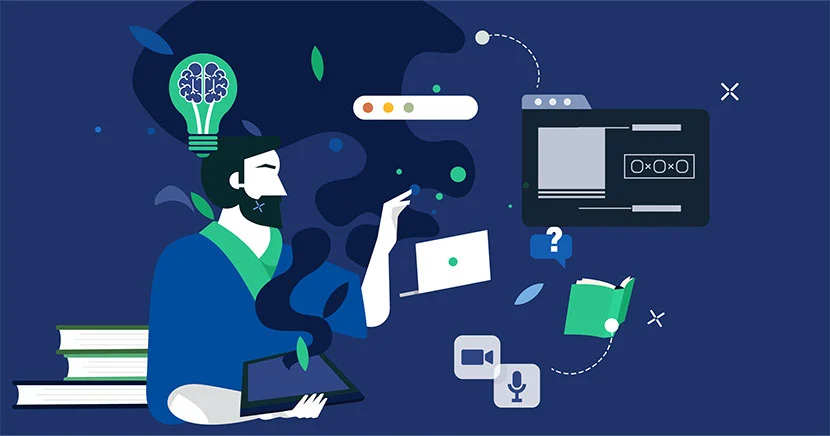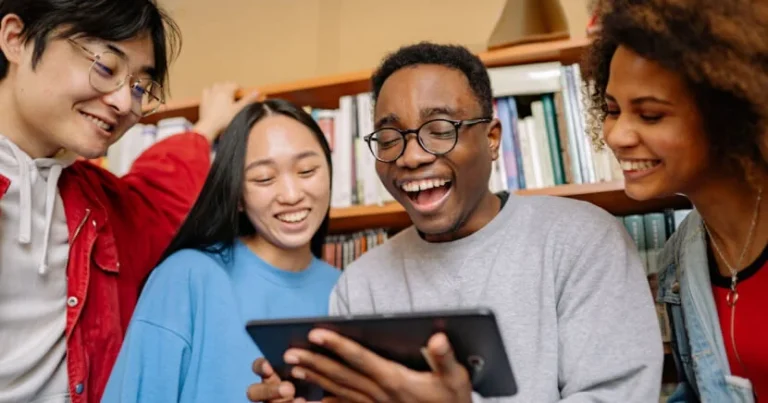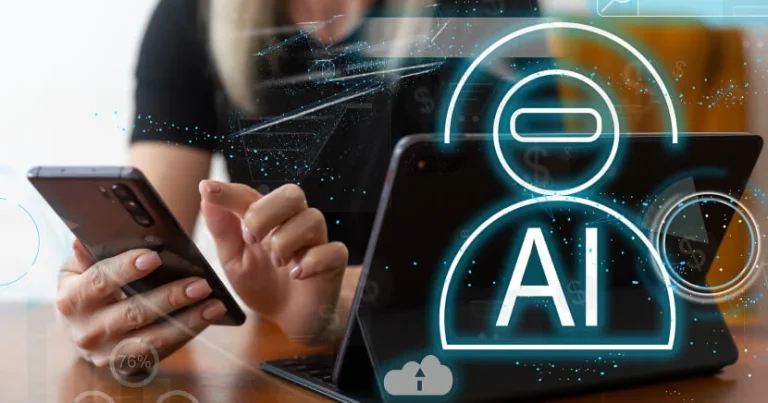In an era of rapid technological advancement and information overload, media literacy has never been more important. As we navigate a digital landscape fraught with misinformation and manipulation, it’s essential to equip ourselves with the skills and knowledge needed to critically evaluate and analyze media content. In this article, we’ll explore the importance of media literacy in today’s society and discuss practical strategies for preparing for critical media literacy issues of the future.
Understanding the Importance of Media Literacy
Media literacy is the ability to access, analyze, evaluate, and create media in a variety of forms. In today’s digital age, where information is readily accessible and disseminated through a multitude of channels, media literacy has become an essential skill for navigating the complexities of the modern media landscape.
By cultivating media literacy skills, individuals can become more discerning consumers of media, able to identify bias, misinformation, and propaganda. Moreover, media literacy empowers individuals to engage critically with media content, questioning assumptions, challenging narratives, and seeking out diverse perspectives.
Anticipating Future Challenges
As technology continues to evolve and new media platforms emerge, the landscape of media literacy is constantly evolving. From deepfakes and AI-generated content to algorithmic bias and echo chambers, the future presents a myriad of challenges and complexities for media literacy.
One of the key challenges of the future will be combating the spread of misinformation and disinformation online. As advances in technology make it increasingly difficult to distinguish between fact and fiction, individuals will need to develop more sophisticated media literacy skills to navigate this treacherous terrain.
Additionally, the rise of social media and personalized algorithms has led to the proliferation of echo chambers, where individuals are exposed only to information that confirms their existing beliefs. Overcoming this echo chamber effect will require media literacy education that emphasizes critical thinking, empathy, and a willingness to engage with diverse viewpoints.
Practical Strategies for Building Media Literacy
While the challenges of the future may seem daunting, there are practical steps that individuals can take today to prepare for critical media literacy issues of the future. Here are some strategies to consider:
- Stay Informed: Keep abreast of current events and media trends, and be proactive in seeking out reliable sources of information.
- Question Everything: Develop a healthy skepticism towards media content, and don’t take information at face value. Always ask questions, verify sources, and seek out multiple perspectives.
- Diversify Your Media Diet: Expose yourself to a wide range of media sources, including those with different political viewpoints and cultural perspectives. This will help you develop a more nuanced understanding of complex issues.
- Cultivate Critical Thinking Skills: Practice analyzing and evaluating media content critically, looking for evidence, logic, and consistency. Don’t be afraid to challenge assumptions and consider alternative interpretations.
- Engage in Dialogue: Foster open and respectful dialogue with others, especially those who hold different opinions or perspectives. This can help broaden your understanding and expose you to new ideas.
Conclusion: Empowering Ourselves for the Future
In conclusion, preparing for critical media literacy issues of the future requires a proactive and multifaceted approach. By cultivating media literacy skills today, we can equip ourselves with the tools and knowledge needed to navigate the complexities of the modern media landscape with confidence and resilience.
As individuals, educators, and communities, we must prioritize media literacy education and invest in programs and initiatives that promote critical thinking, digital literacy, and ethical media consumption. By working together to build a more media-literate society, we can empower ourselves to confront the challenges of the future and navigate the digital world with clarity, discernment, and integrity.








